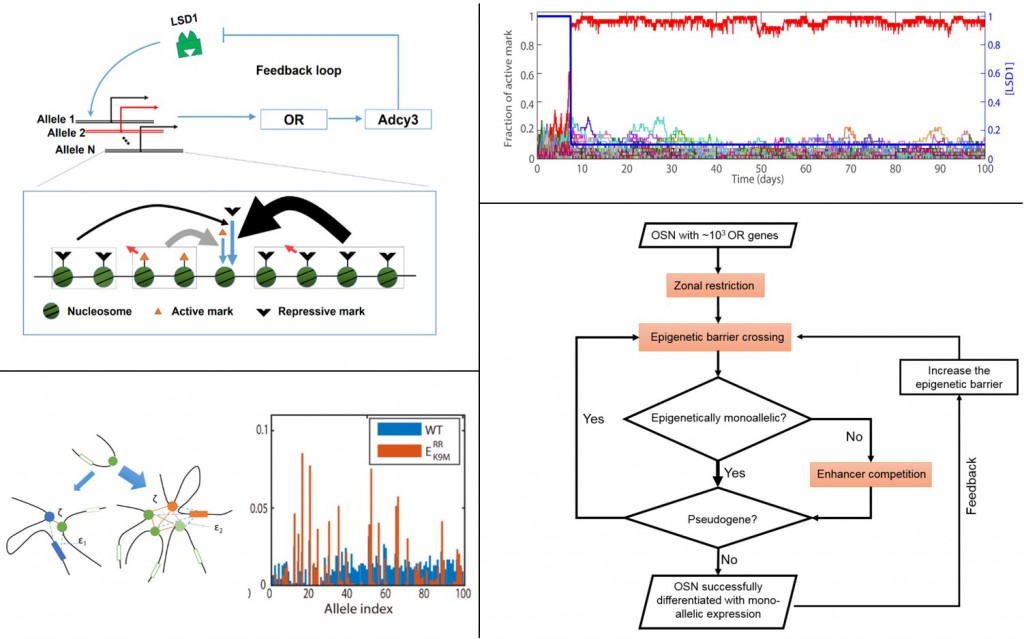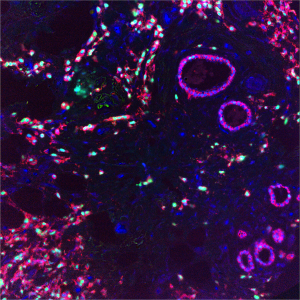 Congratulations to Dr. Jeremy M. Berg for his appointment as Editor-in-Chief of Science!
Congratulations to Dr. Jeremy M. Berg for his appointment as Editor-in-Chief of Science!
Berg, Associate Senior Vice Chancellor for Science Strategy and Planning in the Health Sciences, who also holds positions as Pittsburgh Foundation Professor and Director of the Institute for Personalized Medicine, Professor of Computational and Systems Biology, and Professor of Chemistry at the University of Pittsburgh, will start his appointment on July 1, 2016. He will be the 20th Editor-in-Chief since the journal’s start in 1880 and will serve a 5-year term.
“I am thrilled and humbled by the opportunity to work with the team at Science and AAAS,” said Berg.
Berg will continue to hold his roles at the University. Dr. Arthur S. Levine said, “Dr. Berg is one of the nation’s leading scientists, with many landmark achievements in biomedical research, a broad and deep sense of all of the sciences, and a profound interest in science policy and the dynamics of the scientific community. I am proud indeed that Dr. Berg has been given this rare recognition, and especially proud that he is, and will remain, a member of our faculty.”


 Dr. Joseph C. Ayoob has been promoted to Associate Professor. Joe has been with the department since July 2009 and has done invaluable work with our educational programs and scientific outreach.
Dr. Joseph C. Ayoob has been promoted to Associate Professor. Joe has been with the department since July 2009 and has done invaluable work with our educational programs and scientific outreach.
 Congratulations to the Chennubhotla Lab for receiving a NCI/NIH U01 grant!
Congratulations to the Chennubhotla Lab for receiving a NCI/NIH U01 grant!